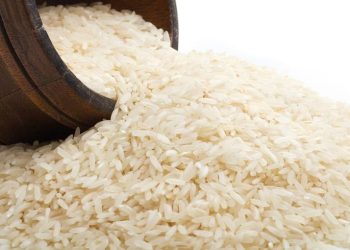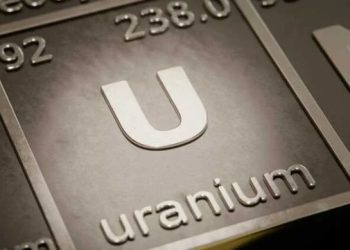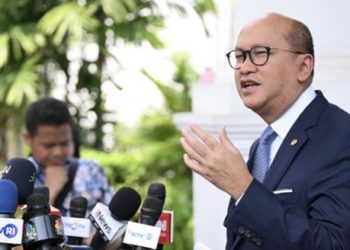Jakarta, Indonesia Sentinel — The U.S. Department of Labor (US DOL) has accused Indonesia’s nickel industry of employing forced labor, sparking a strong response from the Indonesian Mining Association (IMA), which represents major players in the sector. The IMA has firmly denied these allegations, stating that its members comply with labor regulations and respect human rights.
Hendra Sinadia, Executive Director of the IMA, refuted the claims made in the US DOL latest report, Global State of Child and Forced Labor, released on September 5, 2024. Many nickel mining companies, including those named in the report, have incorporated human rights protections into their collective bargaining agreements.
“The accusations of forced labor within our member companies are unfounded,” Hendra stated on Friday, September 27, according to a report by Monitor Indonesia.
Hendra criticized the report, claiming it lacked clear data and did not specify whether the alleged forced labor practices occurred in mining, processing, refining, or transportation sectors of the nickel industry. “The report makes a blanket statement, generalizing the entire Indonesian nickel industry. In reality, there are many examples of best practices in our sector that have been recognized by the government and reputable international organizations,” he added.
The Legend of Nyi Blorong and Pah-Sidin’s Deadly Deal
Hendra also stressed the importance of consulting with the Indonesian government, particularly the Ministry of Manpower, before making such serious allegations. “As partners of the government, the IMA is prepared to engage in dialogue with any organization responsible for the report,” he concluded.
Allegations of Forced Labor in Indonesian Nickel Sector
Citing the 2024 List of Goods Produced by Child Labor or Forced Labor, Indonesian nickel has been identified as a commodity produced under forced labor conditions. During a press briefing, Deputy Undersecretary for International Labor Affairs at the U.S. Department of Labor, Thea Lee, expressed concerns over forced labor tainting Indonesia’s nickel supply chain.
“Workers are subjected to abuses such as excessive and involuntary overtime, unsafe working conditions, unpaid wages, fines, dismissals, threats of violence, and debt bondage,” Lee stated during the briefing.
Indonesia, the world’s largest producer of nickel, plays a crucial role in global supply chains for electric vehicle batteries. The forced labor allegations could have significant repercussions for its trade relationships and international reputation. The Indonesian government has pledged to investigate the claims.


























